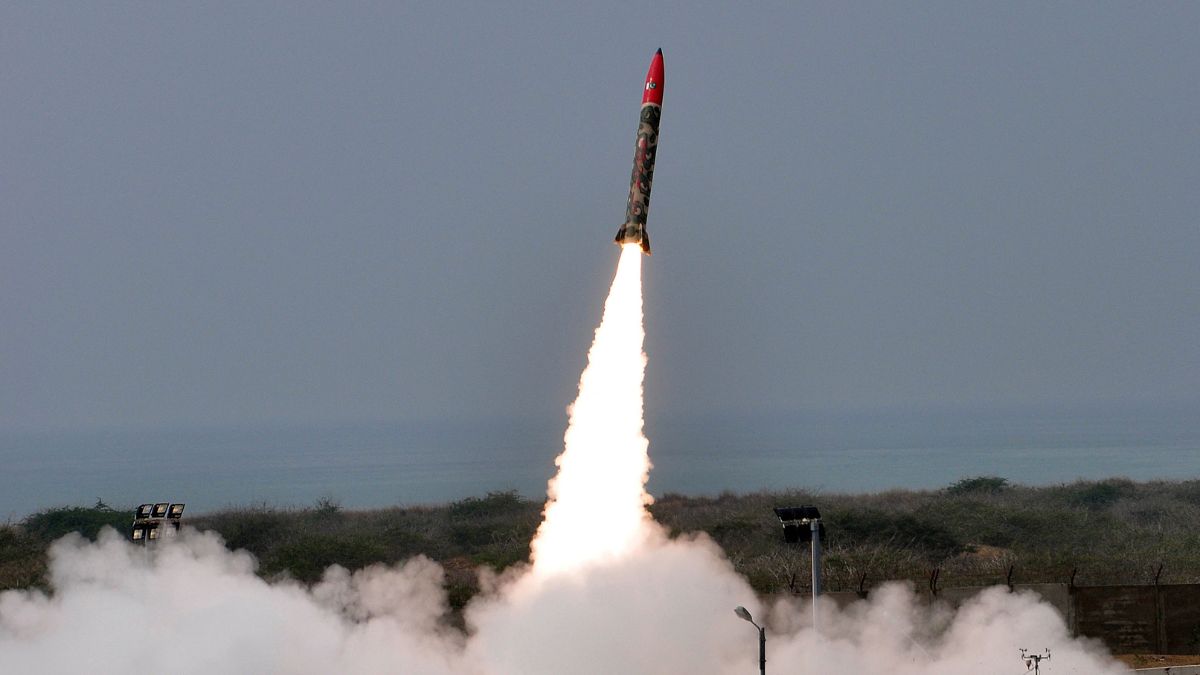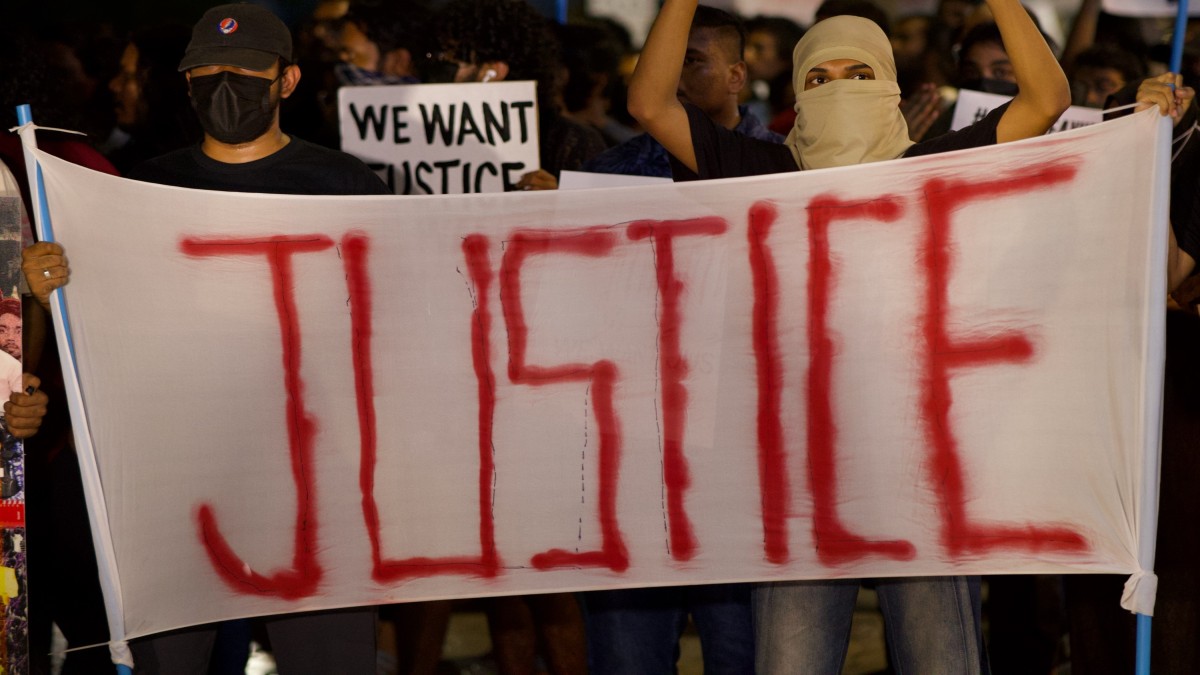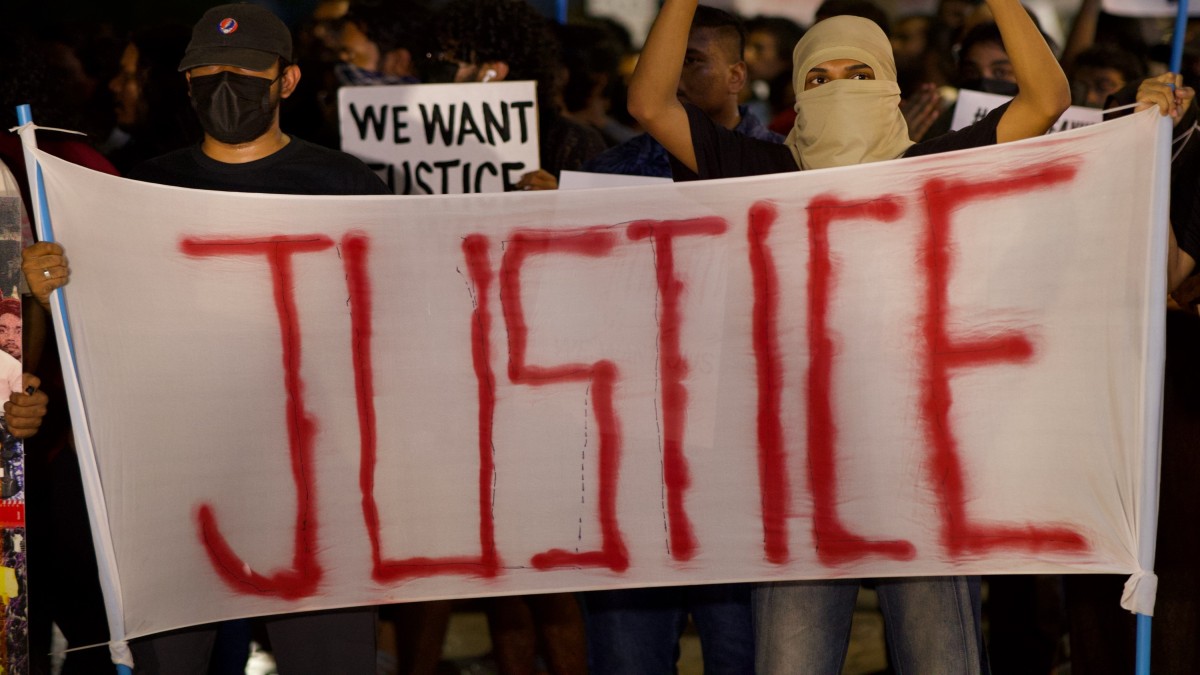Starbase, a newly incorporated city in southern Texas, has officially come into existence following a successful vote on May 4, 2025.
Created around Elon Musk’s rocket company, SpaceX, this microcity sits on approximately 1.6 square miles of land near the Gulf Coast and the Mexico border.
The area, once known as Boca Chica Village, is now almost entirely controlled by SpaceX and populated predominantly by its employees and their families.
The proposal to form the city was approved by a large margin: 212 of 283 eligible voters supported the incorporation, while only six opposed it, according to official Cameron County election results.
Most voters reside within the bounds of the proposed city and are connected to SpaceX either as employees or through family ties. The vote’s outcome was widely anticipated due to the company’s deep influence in the area.
Elon Musk, who owns SpaceX and the social media platform X, celebrated the development enthusiastically online.
Posting on X shortly after the results, he declared, “Starbase is now a real city!” marking the culmination of a plan he first hinted at publicly in March 2021.
Starbase, Texas
— gorklon rust (@elonmusk) May 4, 2025
Is now a real city!
Remote village to corporate hub
Before the arrival of SpaceX, Boca Chica Village was a quiet beachside settlement, established more than 80 years ago.
Since SpaceX began acquiring property in the area in 2012, the landscape has undergone significant transformation. According to SpaceX representatives, out of the 247 lots that make up the new city’s boundaries, only ten are not owned by the company or its employees.
The transformation includes the construction of company housing, the installation of Airstream trailers and tiny homes, and the proliferation of industrial infrastructure to support rocket testing and launches.
The land now houses key components of SpaceX’s operations, including rocket manufacturing and testing sites. It is also the launch point for Starship, the company’s next-generation spacecraft designed for deep space missions.
With the city’s incorporation, the company gains more direct municipal control over the area, a move that is expected to streamline operations for SpaceX and reduce reliance on county-level permissions for key activities like road and beach closures during launches.
Who governs Starbase?
Under Texas law, Starbase is categorised as a “Type C” municipality, a designation for cities with fewer than 5,000 residents. This status grants it authority over planning, zoning, taxation (including a property tax rate of up to 1.5 per cent) and other local matters.
The inaugural city government consists of a mayor and two commissioners — all SpaceX employees who ran unopposed and automatically assumed office following the vote.
Robert “Bobby” Peden, a SpaceX vice-president who has worked with the company for over a decade and donated $5,000 to its political action committee in December, is the first mayor of Starbase. Peden was the only candidate on the ballot for the mayor’s office.
Joining him as city commissioners are Jenna Petrzelka and Jordan Buss. Petrzelka has been affiliated with SpaceX since 2012 and most recently served as Manager of Operations Engineering at Starbase.
On her campaign documentation, she identified herself as a “philanthropist,” having volunteered at a local nonprofit for migrants and homeless populations. Her husband is also employed by SpaceX.
Buss, who joined SpaceX in 2023, serves as the Senior Director of Environmental Health and Safety and contributed $600 to the SpaceX PAC in the same year. Like Peden and Petrzelka, Buss ran without opposition.
Notably, there were no public campaign efforts — no posters, digital advertisements, or forums — reflecting the insular and company-centric nature of the new city.
“There have been no signs of a traditional campaign along the Boca Chica Beach region in South Texas,” wrote Berenice Garcia of The Texas Tribune.
What is the controversy around Starbase?
While the incorporation of Starbase is a victory for Musk and SpaceX, it has not come without controversy. Local activists, environmental organisations and indigenous groups have voiced strong opposition to what they see as corporate overreach and ecological degradation.
The South Texas Environmental Justice Network (SOTEJN) staged a protest on the day of the vote, drawing dozens of demonstrators who opposed further expansion of corporate control over public lands.
Vanity Fair reported that Christopher Basaldú, a co-founder of the group and a member of the Carrizo Comecrudo Nation of Texas, stated the cultural and spiritual significance of the region: “It’s not just important — it’s sacred.”
One of the key points of contention involves Boca Chica Beach and the adjacent state park, which have traditionally been managed by Cameron County. SpaceX has often required closures of these areas during rocket launches.
A bill currently under consideration in the Texas legislature could shift authority for such closures from the county to the new city, further empowering Starbase officials and potentially criminalising non-compliance with evacuation orders.
The proposed legislation would classify refusal to leave the area during closures as a Class B misdemeanour, carrying up to 180 days in jail.
Judge Eddie Treviño Jr., the top elected official in Cameron County, has expressed opposition to this bill, suggesting it represents a dangerous centralisation of power under a private enterprise.
Environmentalists have also raised alarms about the ecological toll of SpaceX’s activities in the region.
Critics argue that the company’s operations have disrupted local wildlife habitats, caused light and noise pollution, and left debris from rocket launches scattered around the area.
In 2024, SpaceX was fined nearly $150,000 by the US Environmental Protection Agency and the Texas Commission on Environmental Quality for violations involving wastewater discharge.
The company attributed the fines to “disagreements over paperwork” and maintains that it remains in compliance with environmental regulations.
Despite the fines and protests, SpaceX continues to expand its presence. The company has proposed increasing the number of rocket launches from five to 25 per year at the Texas site, which would likely lead to more frequent beach and park closures and potentially greater environmental strain.
How Musk’s political role has resulted in backlash
Starbase’s formation arrives at a politically sensitive time for Elon Musk, who currently leads the Department of Government Efficiency (Doge) in US President Donald Trump’s administration. His role in executing widespread cuts across federal agencies has sparked nationwide protests and has led to discontent even within his own companies.
A February 2025 Washington Post-Ipsos poll found that 49 per cent of respondents disapproved of Musk’s performance in government.
Similar results were reflected in surveys by Quinnipiac, Emerson College, and Marist Poll for NPR and PBS, all showing more disapproval than support — particularly among Democratic respondents. Nevertheless, Republicans showed stronger approval for Musk’s role in the Trump administration.
Musk has indicated that he may soon reduce his governmental responsibilities to refocus on Tesla and other ventures, though no official timeline has been announced. In the meantime, Doge’s budgetary cuts are already affecting multiple sectors, drawing further public ire.
With inputs from agencies


)
)
)
)
)
)
)
)
)